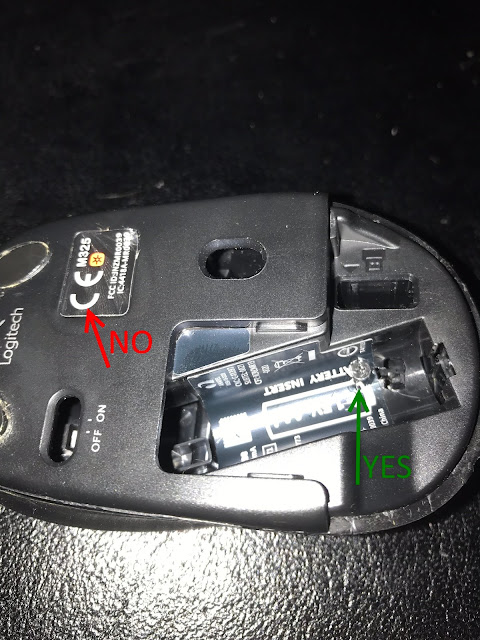NOTE: it is available version 2.0 of PivotTable
It exists well-know solution for pre-sorted and pre-grouped values.
What if we would like to pivot free set? Sample below will pivot any DataTable and produce new summarized DataTable. You can pivot Array or ArrayList also, first you should convert your Array to DataTable and then call Pivot method. Data is ready to display in grid.
public DataTable Pivot(
DataTable src,
string VerticalColumnName,
string HorizontalColumnName,
string ValueColumnName )
{
DataTable dst = new DataTable();
if (src == null || src.Rows.Count == 0)
return dst;
// find all distinct names for column and row
ArrayList ColumnValues = new ArrayList();
ArrayList RowValues = new ArrayList();
foreach (DataRow dr in src.Rows)
{
// find all column values
object column = dr[VerticalColumnName];
if (!ColumnValues.Contains(column))
ColumnValues.Add(column);
//find all row values
object row = dr[HorizontalColumnName];
if (!RowValues.Contains(row))
RowValues.Add(row);
}
ColumnValues.Sort();
RowValues.Sort();
//create columns
dst = new DataTable();
dst.Columns.Add(VerticalColumnName, src.Columns[VerticalColumnName].DataType);
Type t = src.Columns[ValueColumnName].DataType;
foreach (object ColumnNameInRow in RowValues) {
dst.Columns.Add(ColumnNameInRow.ToString(), t);
}
//create destination rows
foreach (object RowName in ColumnValues) {
DataRow NewRow = dst.NewRow();
NewRow[VerticalColumnName] = RowName.ToString();
dst.Rows.Add(NewRow);
}
//fill out pivot table
foreach (DataRow drSource in src.Rows) {
object key = drSource[VerticalColumnName];
string ColumnNameInRow = Convert.ToString(drSource[HorizontalColumnName]);
int index = ColumnValues.IndexOf(key);
dst.Rows[index][ColumnNameInRow] = sum(dst.Rows[index][ColumnNameInRow], drSource[ValueColumnName]);
}
return dst;
}
dynamic sum(dynamic a, dynamic b) {
if (a is DBNull && b is DBNull)
return DBNull.Value;
else if (a is DBNull && !(b is DBNull))
return b;
else if (!(a is DBNull) && b is DBNull)
return a;
else
return a + b;
}
Proof:
object DBNULL = DBNull.Value;
DataTable src = new DataTable();
DataTable dst = null;
src.Columns.Add("City", typeof(string));
src.Columns.Add("Product", typeof(string));
src.Columns.Add("Value", typeof(float));
src.Rows.Add("City A", "Product 1", 1.2f);
src.Rows.Add("City C", "Product 2", 0.3f);
src.Rows.Add("City A", "Product 1", 1.0f);
src.Rows.Add("City B", "Product 3", 2.2f);
src.Rows.Add("City B", "Product 1", 1.5f);
src.Rows.Add("City A", "Product 2", 0.8f);
src.Rows.Add("City A", "Product 4", 1.1f);
PivotTable test = new PivotTable();
dst = test.Pivot(src, "City", "Product", "Value");
CollectionAssert.AreEqual(new object[] { "City A", 2.2f, 0.8f, DBNULL, 1.1f }, dst.Rows[0].ItemArray);
CollectionAssert.AreEqual(new object[] { "City B", 1.5f, DBNULL, 2.2f, DBNULL }, dst.Rows[1].ItemArray);
CollectionAssert.AreEqual(new object[] { "City C", DBNULL, 0.3f, DBNULL, DBNULL }, dst.Rows[2].ItemArray);
Enjoy!




7 comments:
Hi Ruslan,
thank you very much for your post. I still have one question left:
I can't use the "dynamic"-keyword cause I'm bound to use VS2008.
How can I deal with your "sum"-method? I'm not sure what "return a + b" returns as I have stated that I'm not used to the "dynamic" keyword.
Thanks for your help!
Markus
@Markus:
you can rewrite method with object instead of dynamic.
But you should care about type cast!
For example for float or double you can write
object sum2(object a, object b)
{
if (a is DBNull && b is DBNull)
return DBNull.Value;
else if (a is DBNull && !(b is DBNull))
return Convert.ToDouble(b);
else if (!(a is DBNull) && b is DBNull)
return Convert.ToDouble(a);
else
return Convert.ToDouble(a) + Convert.ToDouble(b);
}
Thanks very much!
I had problems with the correct cast in the first place...
Markus
Thank you John Yu
Thank you very much... This helps me a lot...Great article, simple and best
Hi everyone is it possible to have like this transposition?
City | Product | Value | Product | Value
CIty A | Product 1 | 1.2 | Product 2 | 0.8
Post a Comment